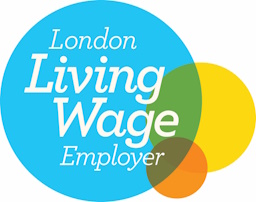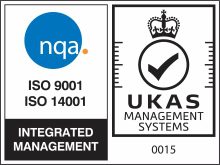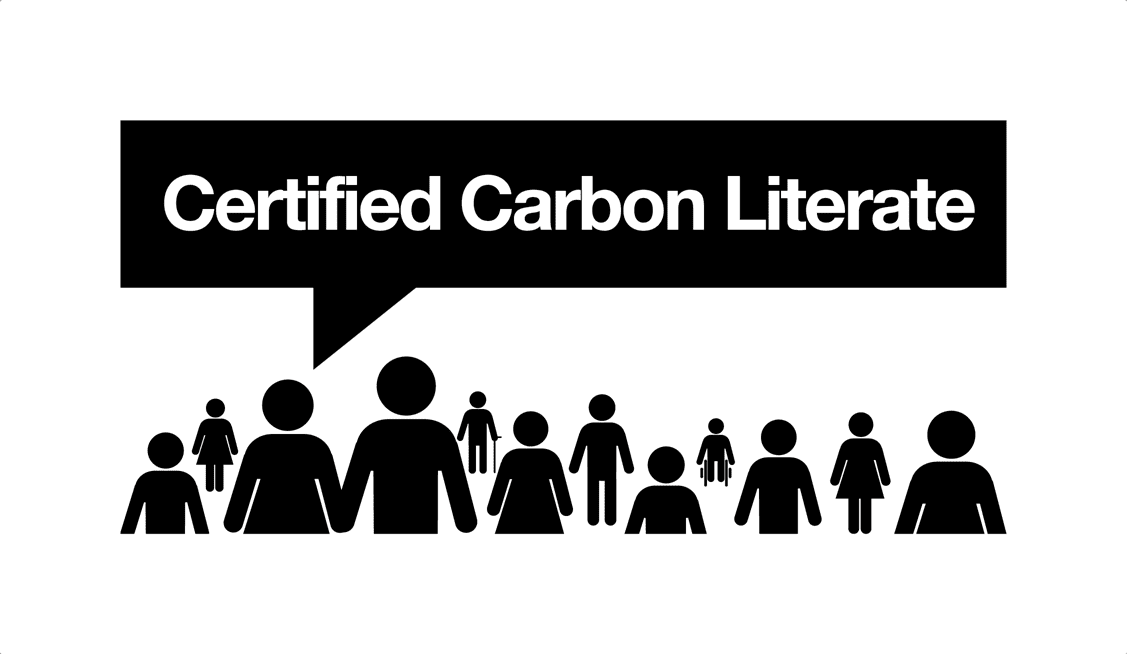Last week, in response to the Russian invasion of Ukraine, Prime Minister Boris Johnson called for a step-by-step move away from the import of Russian fuel. This means that the UK has mirrored the decisions made by the US to phase out the import of Russian oil and oil products by the end of 2022.
As the price of petrol increased by 8p in just one week, now standing at £1.61 per litre, and the price for diesel hit £1.70 a litre, businesses across the nation have expressed their concern at the mounting pressure that increases to energy and fuel has put them under.
Russia is the world’s second-largest crude oil exporter behind only Saudi Arabia, and as many European countries have imposed economic sanctions on the country, there are fears that Vladimir Putin could respond by limiting supplies. Whilst the UK only imports around 5-6% of gas from Russia, rising global gas prices have led to the current UK energy crisis. It is important to note that although our supply of gas is currently unaffected, the price that consumers are paying has led to an increase in their total energy bills.
MP Robert Halfon commented on the situation regarding fuel prices stating that the surge in prices has meant that Hauliers are paying £120 more since February 2021 and white-van men and women are spending an extra £25 every time they fill up.
Sara Williams, CEO of Staffordshire Chambers of Commerce, said: “With the ongoing crisis in the cost of living and with the inflation expected to reach 8 per cent later this month, it is almost inevitable that the decision to phase out the Russian import of oil will have a knock-on impact on businesses, causing them to struggle to cope.
“Many businesses felt a sense of relief when the remaining Covid restrictions were removed and hoped that this would be the first step in the route to returning to normality. However, the rise in inflation, interest rates and fuel and energy prices has caused some businesses to raise their concerns regarding financial stability over the coming few months.
“Despite these issues being of great concern to both businesses and communities, it is heartwarming to see the way that so many people have united to stand against dictatorship and have supported the people of Ukraine.”
As the government is providing domestic support on energy bills, we now urge them to provide the same support for businesses as well as lowering fuel duty or VAT in order to help both businesses and communities across the nation cope with the increasing financial pressures.
Lowering Carbon Emissions
Chambers across the network are in full support of the government’s plans to cut carbon emissions by 2030. Over half of all commuting trips are made by car in England alone, generating 11 million tonnes of CO2 emissions every day. Businesses and employers have a key part to play in facilitating zero-carbon commuting within their teams, offering alternative options such as the cycle to work scheme, hybrid or remote working and salary sacrifice schemes for electric vehicles.
As much as we are all so relieved to see the end of Covid restrictions, the pandemic has shown that as a society we have the propensity for change, and this is a great time for us to cut down on carbon emissions whilst being economical.
For any business queries or issues regarding the recent surge in fuel costs, get in touch with rhouda.elalfy@staffordshirechambers.co.uk, alternatively, call 01782 202222.












You must be logged in to post a comment.